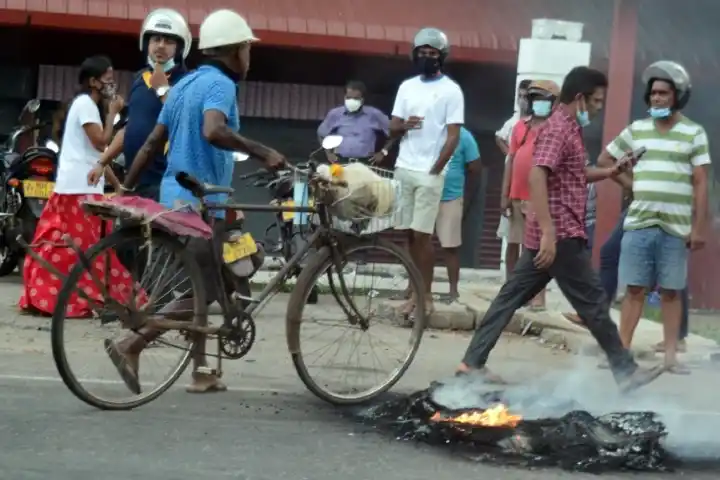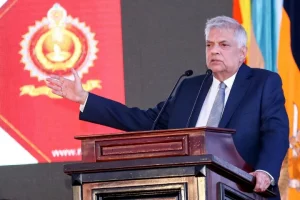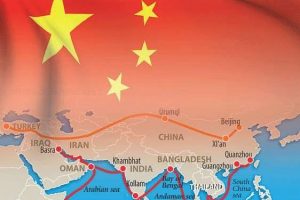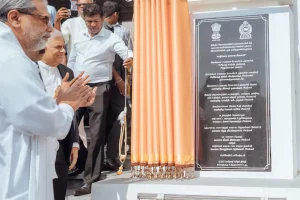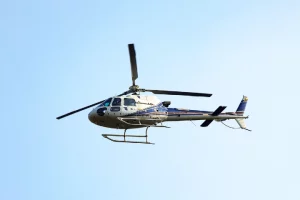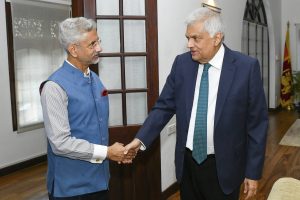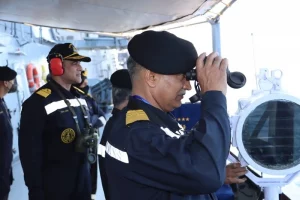Sri Lanka’s central bank has warned that the bankrupt country’s economy could contract by more than 6 per cent this year amid intense political and social turmoil. Following the political crisis with President Gotabaya’s Rajapaksa fleeing the country his subsequent resignation, talks with the International Monetary Fund for the much needed rescue package have also been stalled.
The delay would only aggravate the economic crisis in the island nation, home to 22 million.
Hit by shortage of food and fuel, Sri Lanka’s economy contracted 1.6 per cent in the March quarter.
Ranil Wickremesinghe, who was the country Prime Minister has now been sworn in as the acting President.
“I will never allow anything unconstitutional to take place in our country. I am not working outside the Constitution… If law and order breaks down, it will affect our economy. Like fuel, our electricity and water supply as well as our food supply can be disrupted. We all need to understand this dangerous situation,” Wickremesinghe said on Friday.
Nandalal Weerasinghe, appointed as Sri Lanka’s central-bank chief in April, told theWall Street Journal that said that the country urgently needed a stable political administration to progress discussions with the IMF on key structural reforms—such as taxation and public expenditure—as well as to secure short-term bridge financing from other countries and multilateral agencies to help pay for key imports like fuel, pharmaceuticals and fertilizers.
Also read: Sri Lanka President Gotabaya Rajapaksa lands in Singapore as private guest, not granted asylum






